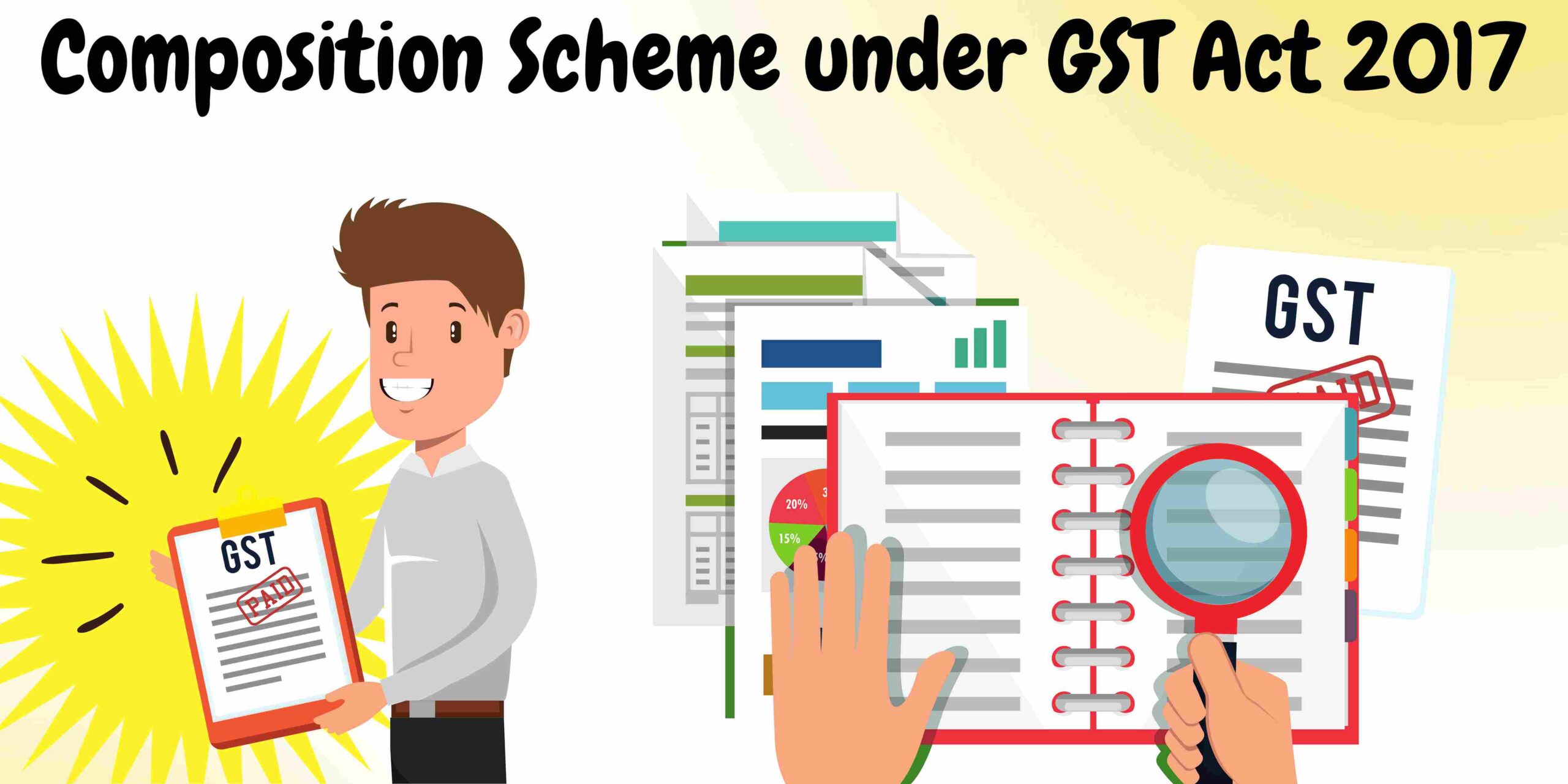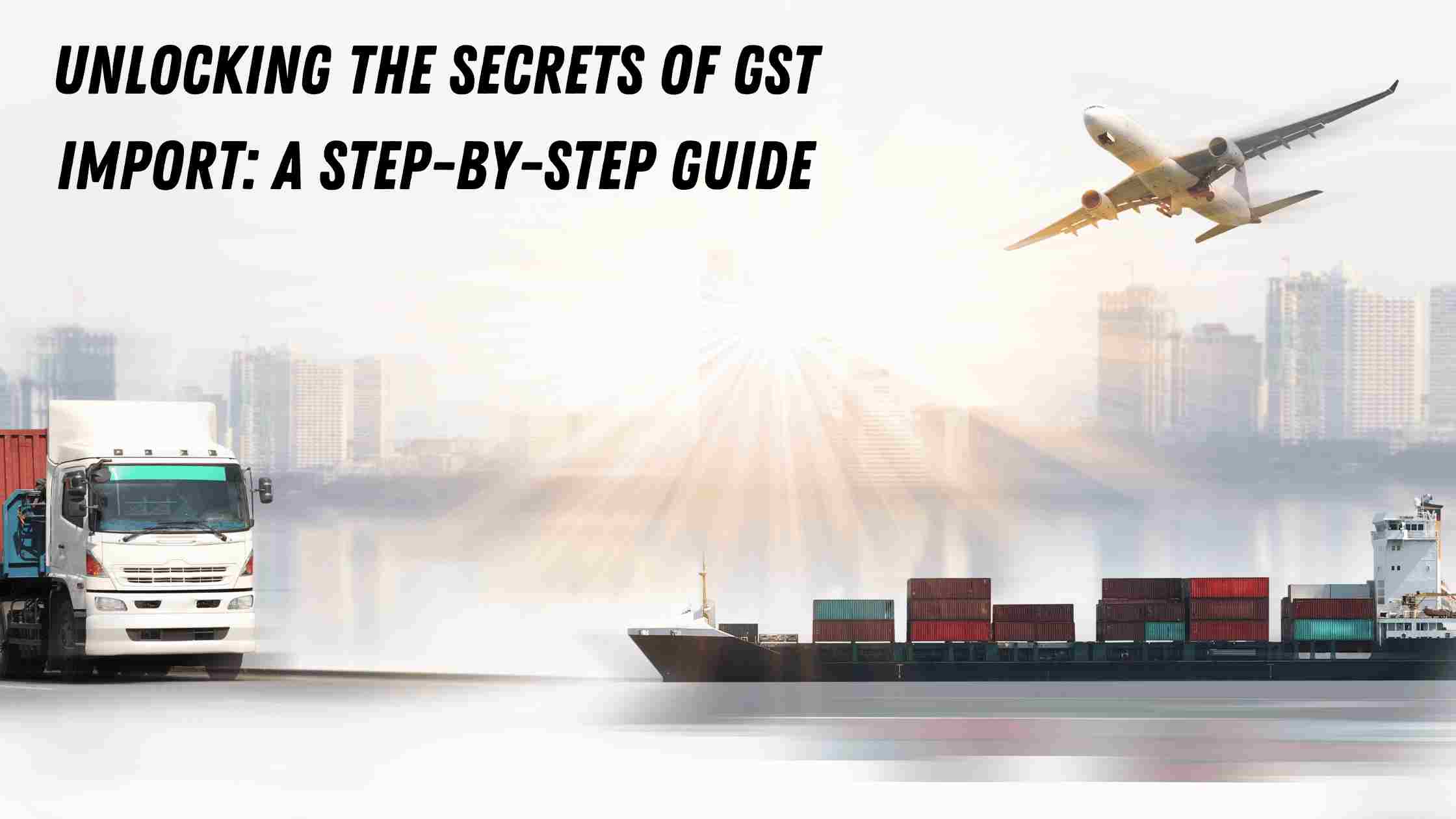Composition scheme is a scheme under which taxpayers can choose to pay the tax at a fixed percentage of turnover. Scheme is introduced to provide relaxation to small taxpayers.
Who can opt for this scheme?
A taxpayer whose aggregate turnover does not exceed Rs 1.5 crores, however the limit for Arunachal Pradesh, Mizoram, Uttarakhand, Nagaland, Manipur, Sikkim, Meghalaya and Tripura is Rs 75 lakhs. Further taxpayer should not provide service in excess of 10% of his aggregate turnover or Rs. 5 lakhs, whichever is higher.
Who are not eligible for this scheme?
A taxpayer who is carrying the following activities will not be eligible for this scheme:
- Manufacturer of pan masala, tobacco, or ice cream;
- Selling goods or services to other states taxpayer; or
- He is a casual taxable person or a non-resident.
Benefits of composition scheme to taxpayers
- Low rate of tax;
- Lesser compliance compares to regular taxpayer;
- Simple tax calculation based on sales;
- Quarterly returns instead of monthly.
Disadvantage of Composition scheme:
- Restrict to make sales to other states;
- Taxpayer cannot claim credit of input tax.
Taxpayer has to comply with below conditions as well:
- Should not take input tac credit on purchases made by him.
- If he is taking services which are covered under reverse charge then, taxpayer should pay the tax at normal rate.
- All business carried by taxpayer under 1 PAN should be opted for composition scheme.
- Taxpayer has to mention everywhere that he is a composite taxable under.
- Taxpayer should not collect any amount of tax for sales from customer.
- He should issue “Bill of Supply” instead of tax invoice.
Process for Opting composition scheme
The registered person has to submit an application under form GST CMP-02 on GST portal. Unregistered person has to give intimation in part b of form GST REG-01. This scheme will be valid as long he satisfies the all conditioned mentioned.
If person is opting out of this scheme, he has to give intimation to department within 7 days.
GST rates at for the composition scheme:
- If taxpayer is manufacturer, tax liability will be calculated at the rate of 1% of the total sales in state.
- If taxpayer is a trader, tax liability will be calculated at the rate of 1% of taxable supplies only.
- Taxpayer who is operating restaurant (not serving) alcohol have to pay tax at the rate of 5% of the total sales in the state.
- For other service provider, taxpayer has to pay tax at the rate of 6% of the total sales in the state.
Returns which need to be filed by composite taxpayer
- Taxpayer has to file quarterly return by 18th of the month after the end of the quarter.
- For GSTR-4, taxpayer has to file annually by 30th April of next financial year.
- For GSTR- 9A, taxpayer has to file return by 30th December of next financial year.
Disclaimer: The information provided in this content is for general informational purposes only. You should always seek the advice of expert before making any decisions based on the information provided. We do not warrant or guarantee the accuracy, completeness, or usefulness of the information provided. Any reliance you place on such information is strictly at your own risk. We shall not be liable for any damages, losses, or expenses arising out of or in connection with the use of this content.
Latest Blog :
OVERSEAS ONLINE ADVERTISEMENT IS NOW COSTLIER DUE TO APPLICABILITY OF EQUALISATION LEVY (EL)?
COMPLIANCE BURDEN INCREASED ON SMALL TAXPAYERS IN REGARDS TO E-INVOICE.








